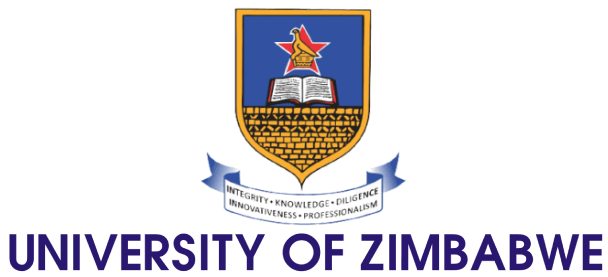Tertiary Education institutions are the hub of national manpower skills development and in the execution of that mandate; their role is to produce the requisite manpower for national development. The tendency in most tertiary institutions has been to focus, almost exclusively on the development of cognitive and psycho-motor skills, the hard skills, which enable graduates to manage their job roles. The modern trends in employment circles have however broadened the concept of employability to include skills other than these technical aspects of the job requirement in their package of what they consider as constituting eligibility for hiring as workers. Demonstration of possession of technical skills of the requirements of the job is no longer the be-all and end-all of employment eligibility. Employers are now looking for a rounded individual with skills which transcend the technical requirement of any job, skills that are transferrable from one job setting to another.
In view of this development in man-power skills development, the University of Zimbabwe has realised that life-skill development in general and soft-skills development in particular, can no longer be left to chance and treated as peripheral to the focus of student development. Cognitive and psycho-motor skills can no longer be treated as the bed-rock of man-power skills development at the expense of other aspects of student development like the spiritual and affective domains. This, in the view of the thinking at UZ, can be achieved by ensuring that social-skills development is mainstreamed and becomes an integral part of the education curriculum in the institution.
The University has come up with a Student Attributes Guide, a document which speaks to the institution’s vision in as far as the type of graduate it envisages to produce through the academic and social programmes it offers is concerned. The Student Attributes guide incorporates both the academic and social skills targeted for development during the course of every student’s life at the university so that the product of the institution’s efforts is a well-rounded graduate prepared to take his/her place in both the social and economic spheres of national development. To further operationalise the document mentioned above, the Quality Assurance Department of the University of Zimbabwe has also come up with a Student Social/Academic Advisory document in which the different academic and non-academic departments are assigned to different areas of both social and academic aspects of the life-Skills development program.
The University of Zimbabwe’s view on its graduates’ attributes has placed its Student Affairs Division in a position where it has identified its role in the development of a total graduate the institution endeavours to produce and Life-Skill development has come up as one of its flag-ship interventions in this regard. Through its interaction with all its stake-holders in manpower development, the Division has learnt that for life-long education and training, the lecture-room is everywhere and the teacher is everyone. Soft skills development is an integral part of the total education the institution wishes to expose all its graduates to so that they leave the university equipped to face the challenges of life after school.
